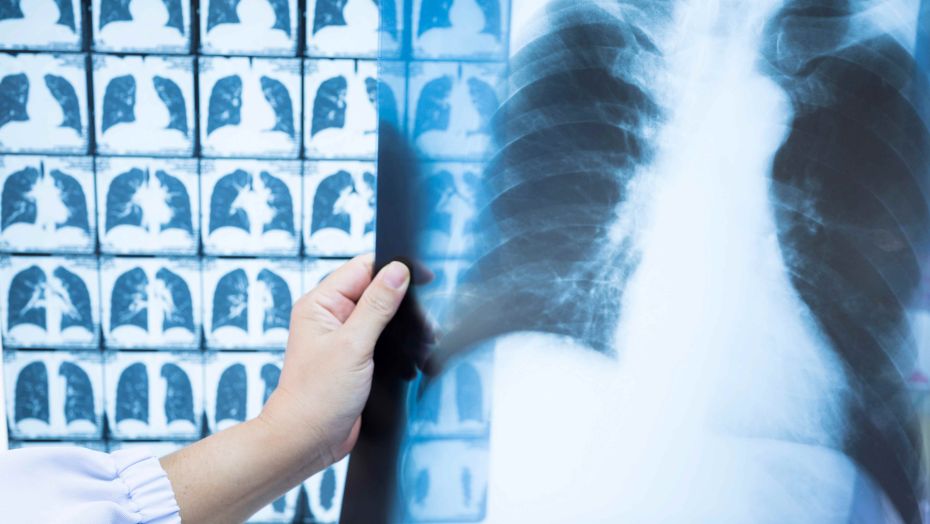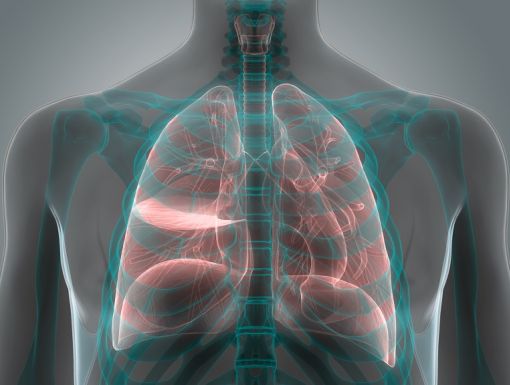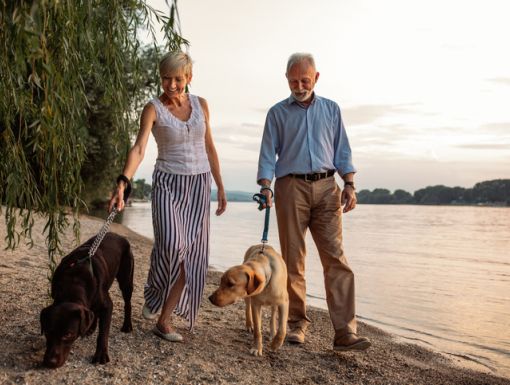
4 Things To Know About Lung Cancer: Symptoms, Causes and Who's at Risk?
Lung cancer forms in the tissues of the lungs, most often in the cells that line air passages. Lung cancer generally does not have symptoms until it has spread, which is why screening and early detection are especially important for this type of cancer.
According to the American Cancer Society, it is the second most common cancer in men and women in the United States.
Here are three things to know about lung cancer:
Lung cancer symptoms
While lung cancer symptoms generally don't show until the cancer has spread, there are sometimes symptoms with early lung cancer.
Early symptoms include:
- Chest pain
- Persistent or worsening cough
- Trouble breathing or shortness of breath
- Wheezing
- Coughing up blood
- Extreme exhaustion and fatigue
- Weight loss without diet changes, exercise or other known cause
- Repeated bouts of pneumonia
You should see a doctor immediately if you are experiencing any of these symptoms.
What causes lung cancer?
There are several risk factors that may increase your chance of getting lung cancer. These include:
- Smoking: Cigarette smoking is the leading preventable cause of death in the United States. Cigarette smoke is linked to almost 90% of lung cancer related deaths. People who smoke are 15 to 30 times more likely to get lung cancer or die from lung cancer according to the Centers for Disease Control and Prevention.
- People who quit smoking have a lower risk of lung cancer than if they had continued to smoke, but their risk is higher than the risk for people who never smoked. Quitting smoking at any age can lower the risk of lung cancer.
- Secondhand smoke exposure: Children and adults who are exposed to smoke from other people’s tobacco burning products, even briefly, are at a higher risk for lung cancer.
- Family history of lung cancer: If you or a relative (parents, siblings, children) have had lung cancer, your risk of lung cancer may be higher
Zero exposure to any form of tobacco is the single greatest thing anyone can do to reduce their risk of developing cancer.
Can you survive lung cancer if caught early?
Lung cancer is the leading cause of cancer death in the United States. Lung cancer deaths accounting for about 1 in 5 of all cancer deaths. Each year, more people die of lung cancer than of colon, breast and prostate cancers combined.
Catching lung cancer in its earliest stages when it is most treatable is a key to survival. According to the American Society of Clinical Oncology, the cure rate for patients who have small, early-stage lung cancer can be as high as 80%-90%.
When are yearly lung cancer screenings recommended?
Nationally, we have had tremendous success in treating lung cancer and improving the survival rate for patients with lung cancer substantially in recent years. This can be contributed to a combination of early detection with screening and better treatment for systemic disease — diseases that affect the entire body.
If you feel you’re at high risk for possibly developing lung cancer, a screening for early detection will improve lung cancer survival rates.
MD Anderson recommends lung cancer screening if you are age 50-80, are a current smoker (or former smoker who quit in the past 15 years) and have a 20 pack per year smoking history (for example, one pack a day for 20 years or two packs a day for 10 years).
Learn more about Ochsner's comprehensive smoking cessation program at ochsner.org/quit


